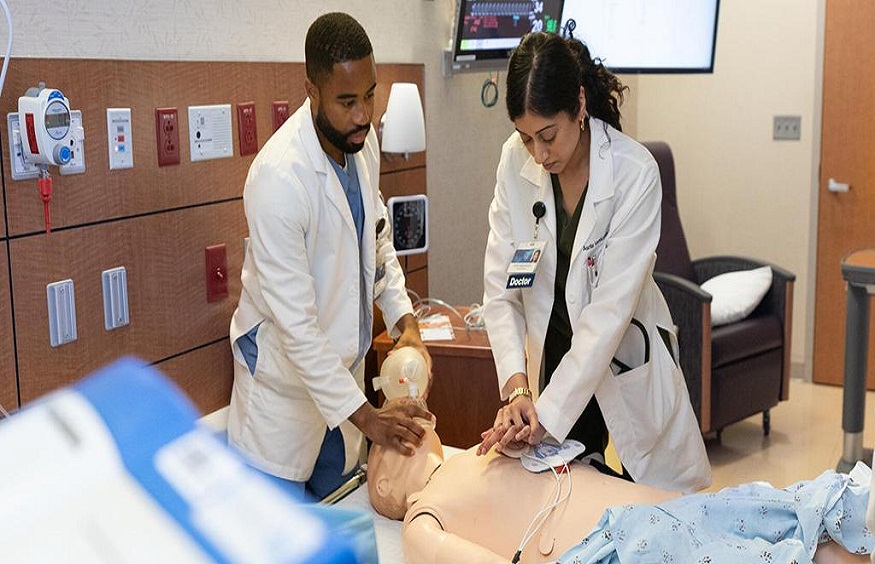
Medical clinics play a crucial role in enhancing health outcomes for seniors. They offer a safe space for routine care, screenings, and vaccinations. Facilities like the Brooklyn Lasante Health Center provide comprehensive services tailored to seniors’ needs. By focusing on prevention, management, and education, these clinics help seniors lead healthier lives. Regular visits can catch issues early and ensure timely treatment.
Preventive Care and Early Detection
Medical clinics emphasize preventive care, which is key to maintaining senior health. They offer screenings that detect conditions like high blood pressure, diabetes, and cancer early. Early detection often means simpler and more effective treatments. According to the Centers for Disease Control and Prevention, preventive care can significantly reduce the risk of major health issues.
Moreover, regular check-ups allow healthcare providers to build a detailed overview of a senior’s health. This helps in tailoring personalized care plans that address specific health needs.
Chronic Disease Management
Many seniors live with chronic conditions such as arthritis, heart disease, and diabetes. Medical clinics offer programs to manage these diseases effectively. They work with seniors to create management plans, ensuring medication is taken correctly and lifestyle changes are made. These clinics help reduce hospital visits and improve daily life quality.
| Condition | Clinic Services | Outcome |
| Arthritis | Physical therapy, pain management | Improved mobility, reduced pain |
| Heart Disease | Cardiac rehab, monitoring | Better heart health, fewer complications |
| Diabetes | Blood sugar monitoring, dietary advice | Stable blood sugar, fewer complications |
Health Education and Support
Clinics are not just about treatments. They provide education on nutrition, exercise, and lifestyle choices. Knowledge empowers seniors to take charge of their health. Group classes and support groups can also combat feelings of isolation. Social connections are vital for mental well-being.
Support groups, often available at clinics, offer a community for seniors to share experiences. This communal aspect is essential for emotional health. According to the National Institutes of Health, social engagement contributes to longer and healthier lives.
Vaccinations and Immunizations
Vaccinations are crucial for seniors. Clinics ensure they stay up-to-date with necessary shots like the flu, pneumonia, and shingles vaccines. Immunizations help protect seniors from diseases that can lead to severe complications. Regular vaccination schedules, advised by healthcare providers, prevent unnecessary health risks.
Access to Specialized Care
Some clinics offer access to specialists through referrals and partnerships. This is particularly valuable for seniors who need specialized care for conditions like dementia or osteoporosis. Having a trusted clinic coordinate these services simplifies the healthcare process for seniors and their families.
Conclusion
Medical clinics are essential in supporting the health of seniors. They focus on prevention, management, and education. Clinics provide a comprehensive approach to senior health care, ensuring timely intervention and personalized plans. By visiting clinics regularly, seniors can enjoy better health outcomes and improve their quality of life.

